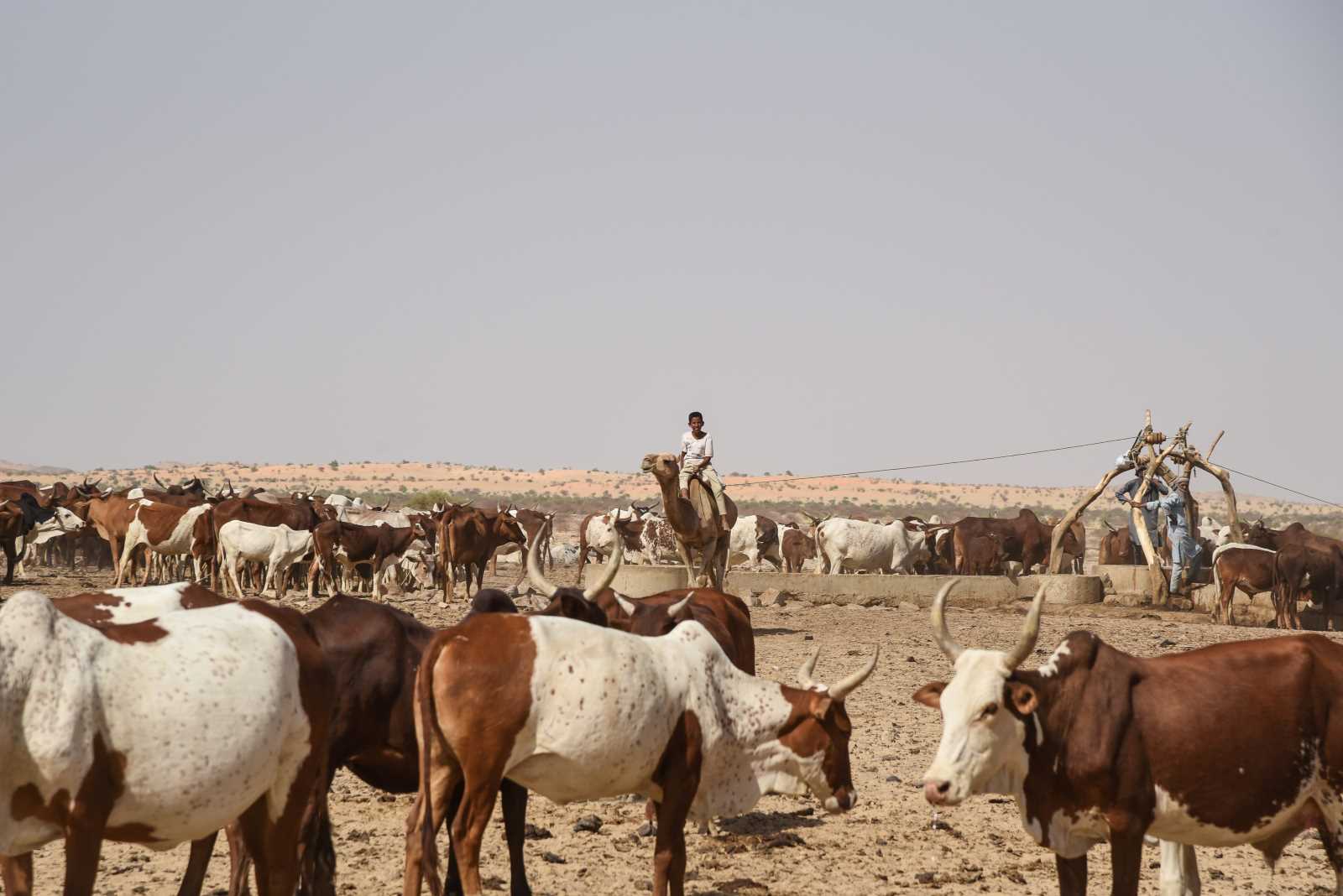Experts want aid recipients to take aid agencies at word
The Institute for Integrated Transitions (IFIT) is an international think tank based in Barcelona. It is supported by the UNDP, various government institutions (including the foreign offices of Germany, Ireland and Switzerland) as well as private foundations (such as the Rockefeller Foundation and Bosch Stiftung). Its job is to help countries move on from war or authoritarian rule to democracy.
Mark Freeman, the IFIT’s executive director, has teamed up with three other experts (Thomas Carothers of the Carnegie Endowment for International Peace, Robert Templer of the Central European University and Cale Salih of the IFIT) to write a booklet with the title “How to navigate international aid in transitions”. Overviews are available in English, Spanish, French and Arabic.
The authors state that aid recipients are overwhelmed by the multitude of agencies that come in to support countries after a civil war or an authoritarian regime has ended. To make the most of aid, the authors argue, the recipients need to know who they are dealing with and what to expect of their partners. Accordingly, the booklet spells out how governmental organisations differ from international organisations and how profit-making agencies differ from non-profits.
The authors discuss that the distinctions are not always clear cut, for instance when a government agency such as GIZ is formally registered and run as a private-sector company that is owned by the state. The booklet also offers a short overview of what tools aid agencies use – from budget support to staff training. The language is simple, and it fast becomes clear that the multitude of agencies and programmes must indeed seem quite bewildering to anyone who is not familiar with it.
The authors have also done a rather good job of summarising the conventional assumptions that drive aid agencies. They do not shy away from pointing out misconceptions and criticising the conventional wisdom. Examples include:
- Western donors are naïve to expect innovative information technology to always serve democratisation. It can also serve disinformation, and authoritarian rulers’ security services have long become aware of the impacts social media can have.
- It is wrong to assume that the young generation is necessarily a force for a more open society. Traumatised youngsters can just as well develop a longing for the kind of security that strong men promise.
- Elections, moreover, do not always lead to more accountability. If relevant forces are suspected of manipulating the event, elections may trigger violence and exacerbate distrust.
The most important point, however, is that the booklet argues that “all good things” do not always go together. In the 1990s, donor governments and aid agencies generally believed that market economies and democracies go hand in hand. Experience tells us, however, that botched economic reforms can thwart the transition to democracy.
The IFIT publication is candid, and many leaders of aid agencies will probably not agree with all of its findings. They are likely to be particularly irritated by a section that deals with the “chronic resolutions for doing better” that are often reiterated by agencies but rarely fulfilled. Relevant pledges include to “break down silos”, “be flexible”, “ensure local ownership”, “take local context into account” or “increase transparency”.
The authors do a good job of explaining why these resolutions are hard for agencies to fulfil, and then invite aid recipients to take agencies at their word. It is true that pressure from recipients could probably make a difference, but I think the aid experts are underestimating the difficulties that arise. They hardly take into account the recipients’ recent experience of arbitrary rule and violence.
It is not easy to blame one’s paymaster of double standards. It takes courage to speak truth to power. Even in western countries, whistleblowers are often hounded. Those who challenge dictators, militia leaders or their underlings tend to risk life and limb and the welfare of their families. People who have just escaped civil war or authoritarian rule are neither used to the freedom of speech nor the rule of law. Moreover, they are fully aware of leaders’ beautiful rhetoric is often proved wrong by brutal behaviour.
Presidents and cabinet members of transition countries may feel powerful enough to challenge aid agencies, but that should not be taken for granted. They all know the saying that he who pays the piper calls the tune. Many civil servants and leaders of small organisations, however, are more likely to feel intimidated by the influence foreign aid agencies wield.
The IFIT publication encourages aid recipients to deal with aid agencies in the same way that self-confident citizens of established democracies deal with state authorities. The snag is that such an attitude is unlikely in a country in a period of transition, especially in the beginning. A brief guide on how to navigate agencies can contribute to fostering change, but it will not suffice. That said, it might be a good idea for all aid agencies to give their partners a thorough self-evaluation of their own strengths and weaknesses. Such a step might inspire trust.












